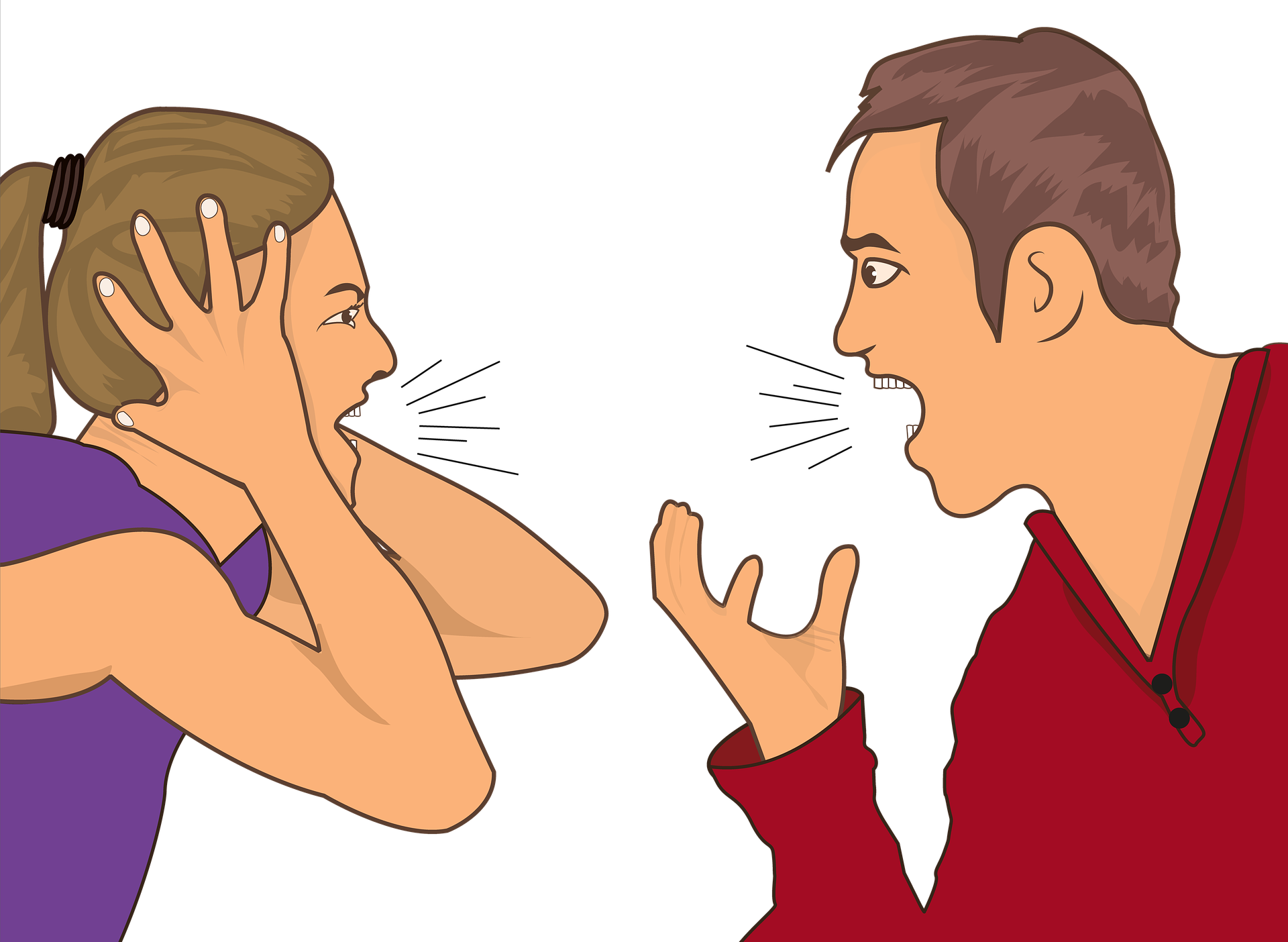I was catching up with a therapist friend recently when a light bulb went off in my mind: Meditation is harm reduction.
It doesn’t solve the deeper emotional issues that cause many of our problems. But it helps us feel a little better in the here and now.
“Harm reduction” refers to an approach towards substance users that minimizes pain and suffering. For example, my new hometown of Baltimore has been giving out free needles to injection drug users for decades. People are going to use drugs. Why not make it as safe as possible?
Over the last ten years, giving out needles has prevented more than 1,900 new cases of HIV in Baltimore and saved the city over $32 million in public health costs every year.
People using drugs in a problematic, unhealthy way need more than just free needles. They need evidence-based drug treatment that addresses their health and social needs. They might need housing, healthcare, or a good paying job.
Meditation is like giving out clean needles. It reduces the harm caused by what therapist and author Mark Epstein calls “the trauma of everyday life.”
When we’re mindful we can step back from our thoughts rather than believe them without question. We feel a little less anxiety because we see that our anxious thoughts are just thoughts. We feel a little more joy because we’re in touch with what joy feels like in our bodies.
But we need something more revolutionary if we’re going making lasting change. We need to get to know our inner experience. We need to get familiar with different parts of ourselves, what triggers them, and how relate to them. We need to accept and even love whatever comes up inside.
That’s why therapy is so powerful. Working with someone skilled in holding back their judgement is like standing in front of a mirror. Except it’s a mirror that sees inside of you.
“I don’t take it personally,” says therapist and writer Lori Gottlieb, talking about clients who say mean things to her. “[Their aggression] is a way of coping with something that’s very unmanageable. And when we find out what the trauma and tragedy is … we [can come to like clients] quite a bit.”
A friend, your mom, your partner can’t provide that. They feel resentment, love, and all kinds of feelings towards you, even if they’re good at hiding it.
When you’re sitting across from someone who sees you fresh, who sees who you really are, you get to see yourself clearly. There’s no faking it, no bullshit. All that’s left is to dig into what’s really going on.
I don’t want to go as far as saying you must see a therapist. There’s a stigma against therapy, that it’s only for rich or “crazy” people. And it’s way too expensive—another reason we need #MedicareForAll. (Though, some therapists have sliding scale or even free rates.)
But please don’t be that guy, the one who thinks that meditation (or lifting weights or some job) has solved all your emotional problems. Don’t be me a few years back!
I was that guy until—you guessed it—a girlfriend all but commanded me to see a therapist.
“You can be broken as fuck, and still do good yoga,” spiritual teacher David Deida says. “You can be entirely dysfunctional therapeutically, psychologically, emotionally, you can be a wreck, and still be a master yogi. Yoga doesn’t fix the parts of you that are broken.”
I’m a writer, meditation teacher, and host of the Meditation for the 99% podcast. If you’d like to work with me on your meditation practice or being more mindful in your life, reach out. Get my writing straight to your email inbox here.
Download my free ebook on starting and sticking with a meditation practice here.
